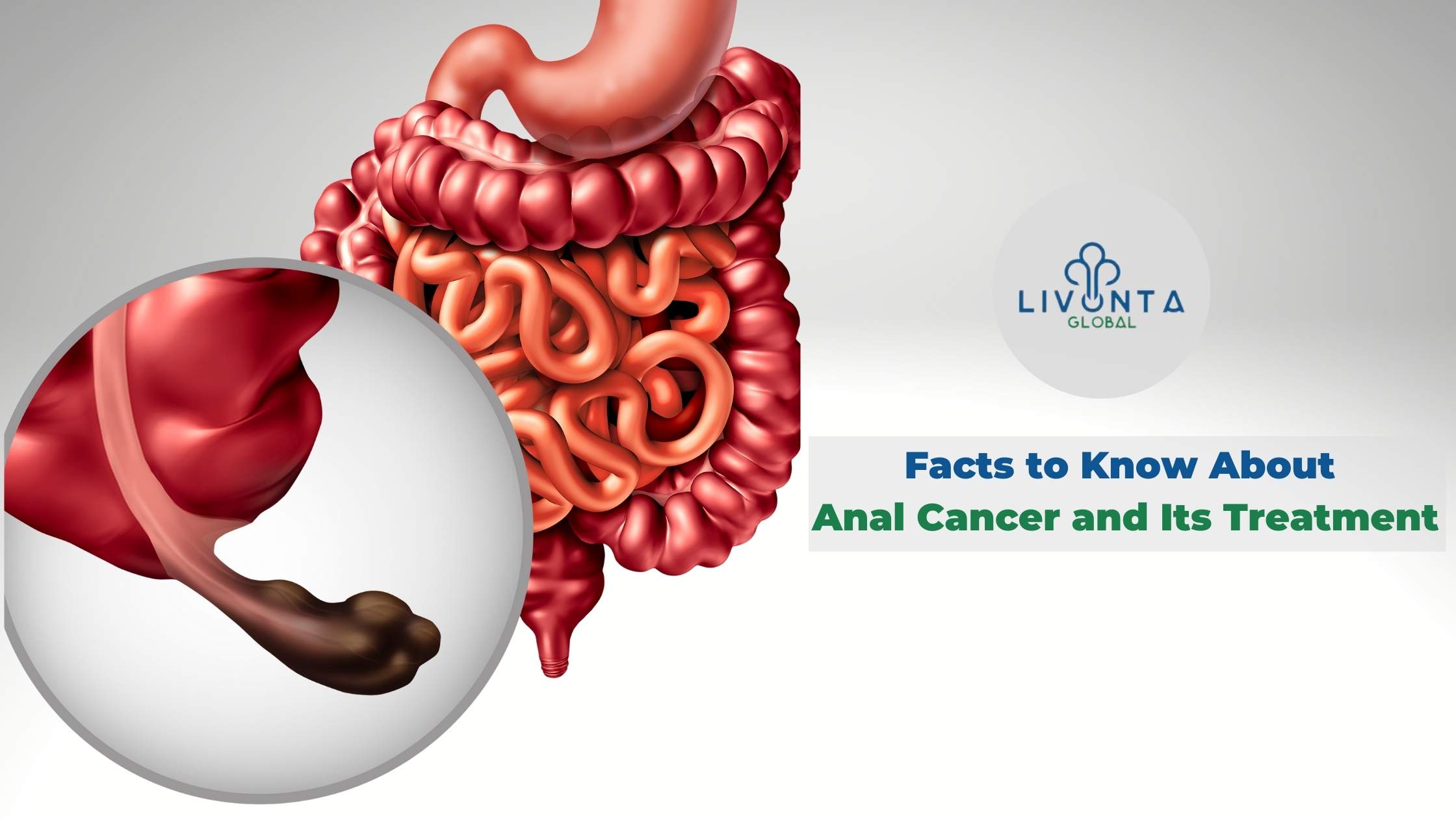
Facts to Know About Anal Cancer and Its Treatment
Anal cancer is a condition in which the tissues of the anus develop cancerous cells. The large intestine’s end, located below the rectum, is known as the anus. It is made up of part of the body’s outer skin layers and in a portion of the intestine. The perianal area refers to the skin that surrounds the anus’s exterior.
The chance of getting anal cancer can be impacted by HPV infection; although the precise causes of anal cancer are not yet fully understood, there are some risk factors that raise the risk:
- Being over 50 years old
- A number of sexual partners
- Experiencing receptive anal contact
- Excessive redness, swelling, and discomfort; abnormal apertures;
- Smoking
Anal cancer treatment in India is available at many hospitals and when diagnosed in the initial stage can be cured to a great extent.
Did you know that Women are More Likely to Get Anal Cancer?
Anal cancer is diagnosed in hundreds of people across the globe. However, women are more prone than men to develop anal cancer. According to studies, African-Americans have a higher risk of developing the illness than European-Americans. Men are more likely than women to develop this kind of cancer among African-Americans. One needs to be at one of the top cancer hospitals in India to get the chance of proper treatment.
Types of Anal Cancer
Anal cancers are generally divided into two groups based on where they start:
- Cancers of the anal canal which is just above the anal verge
- Cancers of the perianal skin which is below the anal verge
Symptoms of Anal Cancer
- Bleeding from the anus or rectum or a lump
- Change in bowel habits
- Pain or pressure in the area around the anus
- Itching in the rectum or nearby areas
- Anal discomfort or a sensation of fullness
- Stool narrowing or other modifications to bowel motions
- Unusual anus discharge
- Enlarged lymph nodes in the groin or anal regions
Anal Cancer Treatment
An uncommon form of tumour that originates in the anus is anal cancer. Treatment for anal cancer is very successful when it is diagnosed early. Depending on the stage of your disease, your general health, and your personal preferences, you may receive different anal cancer treatments. Cancer Healer Therapy is a form of immunotherapy used that fights cancer without the need for harmful side effects.
Surgery
Surgery is typically not the initial course of treatment for anal cancer. The kind of procedure required for those who do require surgery depends on the kind and location of the tumour.
Radiation Therapy
High-energy x-rays or other particles are used in radiation treatment to eliminate cancer cells. Radiation therapy may be used, depending on the anal cancer’s stage and other factors. In addition to chemotherapy, which is the primary therapy for the majority of anal malignancies, radiation therapy might be used. If your surgeon has any doubts about whether all of the cancer from the perineal region was removed after surgery, this treatment might be used.
Chemotherapy
Chemotherapy is a type of cancer treatment that involves administering anti-cancer medications intravenously or as pills to patients. Most regions of the body are reached by the medications via blood flow. 5-fluorouracil (5-FU) and mitomycin are the two main medication regimens used to treat anal cancer.
Immunotherapy
Immunotherapy is the use of drugs to help the body’s immune system recognise and more efficiently eliminate cancer cells. The immune system’s capacity to restrain itself from attacking healthy bodily cells is a crucial component. In order to activate an immune response, “checkpoints,” which are proteins on immune cells, must be turned on (or off). These checkpoints are occasionally used by cancer cells to deter immune system attacks. However, some patients with anal cancer can be treated with medications that target these checkpoints.
Cancer TreatmentTags: Anal cancer, Anal cancer signs, anal cancer treatments, therapy, Treatment

